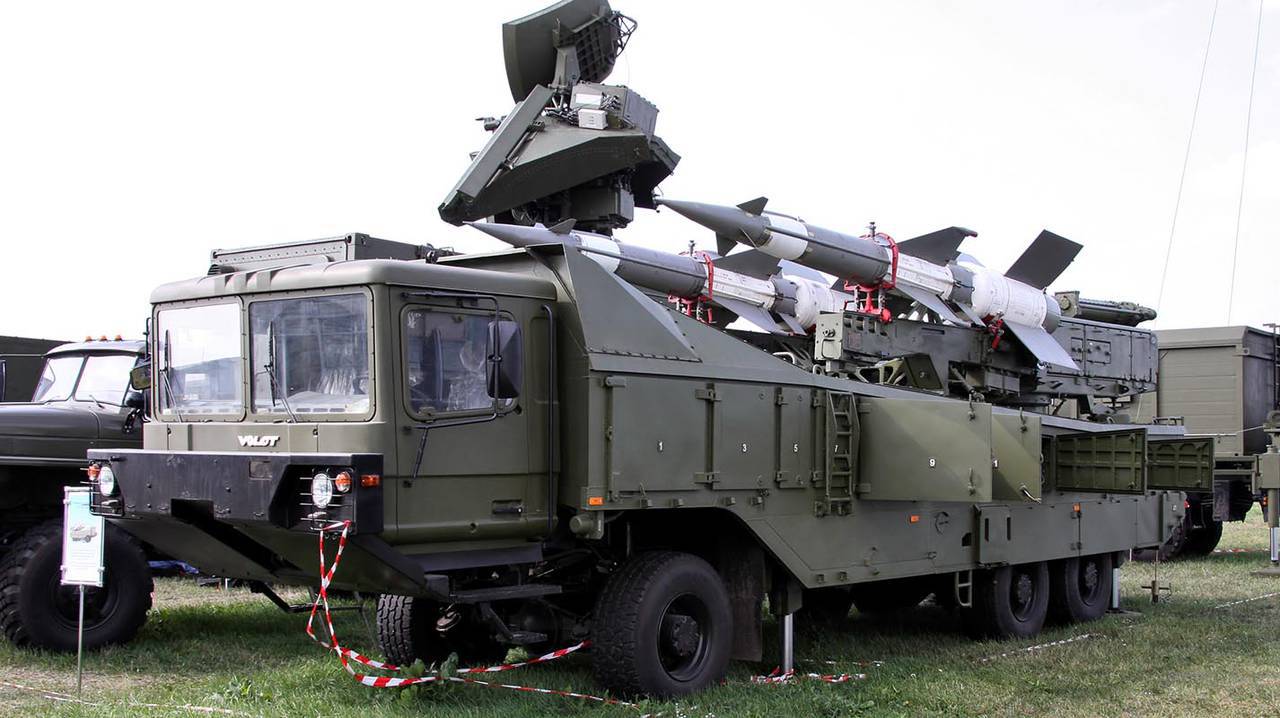Belarus’ military industrial complex is struggling to find new partners and preserve old ones
 The situation has not changed
The situation has not changed

The Belarusian defence industry would strive to expand the geography of its partnerships. This long-term trend would persist this year. That said, the industry should equally be prepared for failures in this regard.
On January 16th, 2018, media reported about the upcoming board meeting of the Belarusian State Military-Industrial Committee in late January to sum up the outcomes of 2017 and discuss prospects for 2018. The event would be held behind closed doors, and it is unlikely to change the development strategy of the Belarusian military-industrial complex aimed at the geographical expansion and diversification of cooperation while preserving close cooperation with the Russian military-industrial complex. It is worth noting, that the Belarusian military-industrial complex is the most successful industry in Belarus, investing own resources in its development, rather than feeding from the budget.
The preservation of the scale of cooperation with the Russian military-industrial complex will be quite a challenging task. Russia’s political leadership is aiming to ensure the defence industry’s self-sufficiency. It aims to replace, among other things, products, which are currently produced at enterprises of the Belarusian military-industrial complex (wheel chassis, electronics, optics, etc.). In addition, new sanctions from the West are likely to have a negative impact on cooperation prospects between Belarusian and Russian gun-makers.
The expansion of the geography of international cooperation has become a matter of survival for many large Belarusian defence enterprises, which mainly focus on the Russian market absorbing 80% of their produces. Simultaneously, the market environment in Russia for the Belarusian defence industry is likely to become more complicated in the future.
The problem is that there is no comparable market for the Belarusian military-industrial complex. International military-technical cooperation is a specific sphere, characterized by high dependence on political factors, including interpersonal relations among political leaders. That said, six months ago, the development of the Belarusian-Pakistani cooperation in the military-industrial field inspired optimism. However, it dried up after the Pakistani Prime Minister, Nawaz Sharif, lost power. Belarus requires a long-term development strategy for the military industrial complex. And she has it, but not all enterprises would have a safety cushion should they lose the Russian market.
Subscribe to our newsletter




Situation in Belarus
Constitutional referendum: main consequences


 Video
Video
How to count the political prisoners: are the new criteria needed?


 Video
Video
Paternalism In Decline, Belarusian Euroscepticism, And The Influence Of Russia


 Video
Video












